
New blood isn’t only on the inside of the prison. On the outside, there’s new guard captain Desi Piscatella (Brad William Henke), who follows orders and rulebooks so closely he can never read the awkwardness of a room. His character’s build-up is yet another satisfying, surprising reward, and he makes up a lot for the other men on the show who are, in a word, awful (played brilliantly, though).
There’s electrician Joel Luschek (Matt Peters) who got Nicky wrongfully admitted to max and doesn’t so much care when an inmate gouges her hand with a drill while repainting a few new guardhouses on the grounds. Caputo isn’t as much the sad sack he’s been in recent seasons, now that he’s Director of Human Activity for his corporate overlords at MCC, who bought Litchfield last year, but every single one of his silver linings feel like an ominous car wreck waiting to happen. Perhaps Healy is the worst; played with dedication and muster by Harney, the character is still a cringe-inducing, power-tripping mess. When those around him check his weirdness, it’s hilarious (particularly in an unusual bond struck between Judith and Luschek), but a flashback-centric episode dedicated to his mentally ill mother is almost too loaded.
Maybe the collective spiralling of all the men – in direct opposition to the women, living broken yet functional lives, no matter how confined – is yet another kernal-sized commentary by Kohan and the writers. I’d be okay with that assumption, and it’s not like Orange is the New Black doesn’t come back from such weighted material (and a few dead end flashbacks) with elastic snap. It’s surprising especially when the show, which has been dealing and showcasing LGBT characters since it began, still manages to feel resonant and important three years in. “I always wanted to know someone that well,” Suzanne says. Her someone would be a girl, it’s understood but never dwelled upon.
The writers are doing nothing new or groundbreaking in their depiction of gay and lesbian individuals. It’s nothing that networks haven’t been doing and succeeding at for years, but there’s an invisible line in the sand to this kind of content, and Orange is the New Black kicks it into dust as it stampedes past. Honestly, it was hard not to think about recent events in Orlando while watching the new season of the show. As they always do in the wake of tragedy, opinions began sprouting up online after I stepped away from my binge of season 4’s first few hours, and one in particular stuck with me – it likened homophobia and the culture that stokes its flames to the bullets in the barrel of a gun.
Orange is the New Black is a show so lucidly dexterous in its depiction and understanding of lesbian, gay, transgender, bisexual, and sexually fluid characters, that – unlike most media – the context of our world stops acting like an awkward buffer. These people exist within the show, and their existence isn’t predicated on anything other than how many Snickers a box of tampons trades for. Their otherness isn’t even that, because there’s barely any negative counterargument. Sure, the show drops in a few expected opposing viewpoints but, as we should, the characters don’t let it break them down. Like the heroes of the best forms of entertainment, they are simultaneously methods of wish fulfillment in a shitty present and – best yet – hope for a better future.
Negativity and hate might be ammunition, but maybe the women of Litchfield can also be our protectors – the leaders of a pack of better, more inclusive, ridiculously watchable entertainment – ducking and weaving and jumping in front of prejudicial, homophobic, and racist bullets – whatever metaphorical ammo you might fear most. In the inevitable binge of the show you dive into, they make it feel okay and normal and safe to be weird and abnormal and different. Until it’s entirely safe to, until you’re comfortable with yourself and the world, and even if you already are, they can be your shield. What’s more gangsta than that?




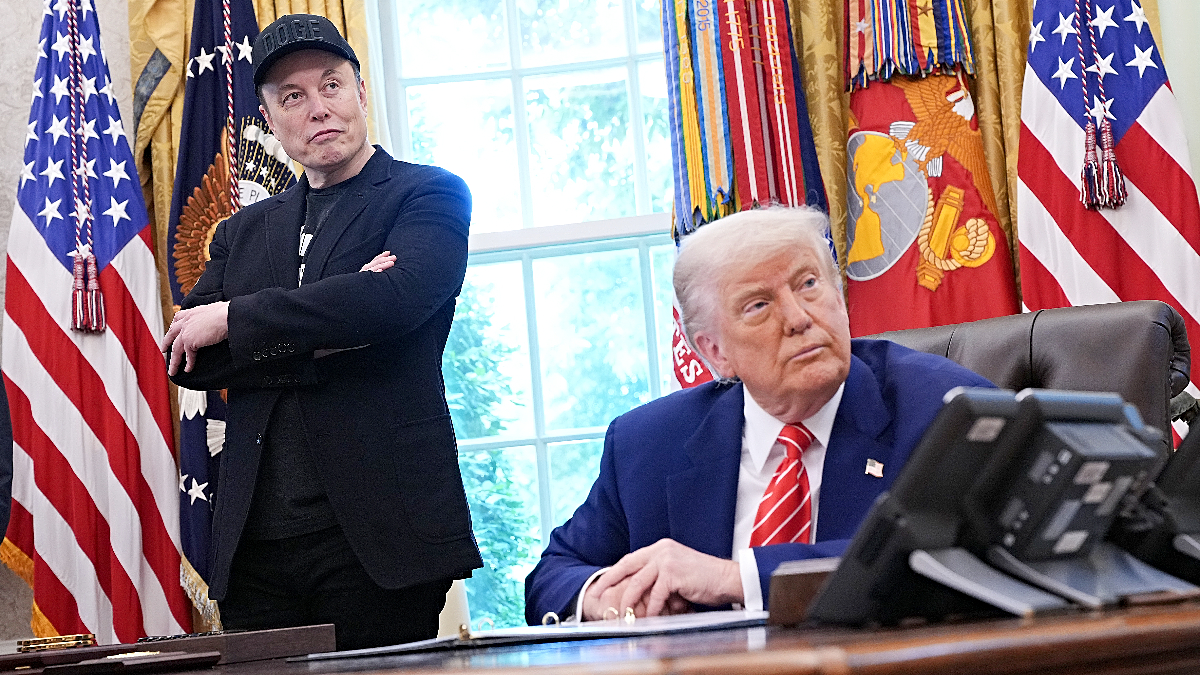

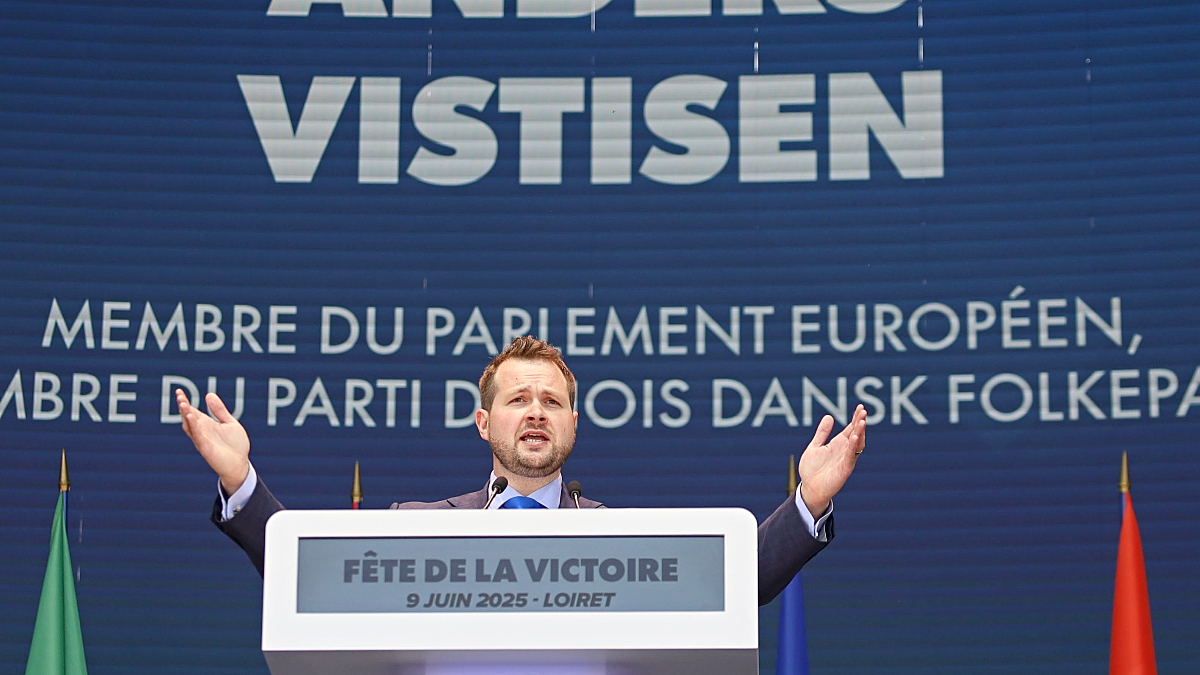
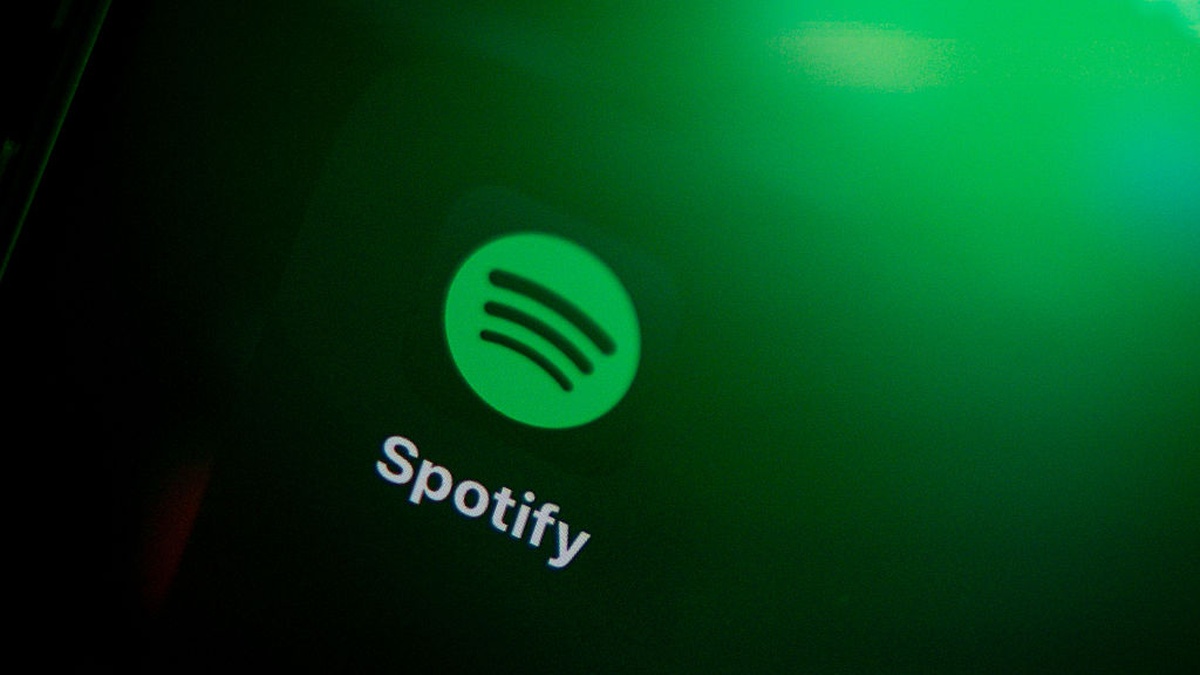
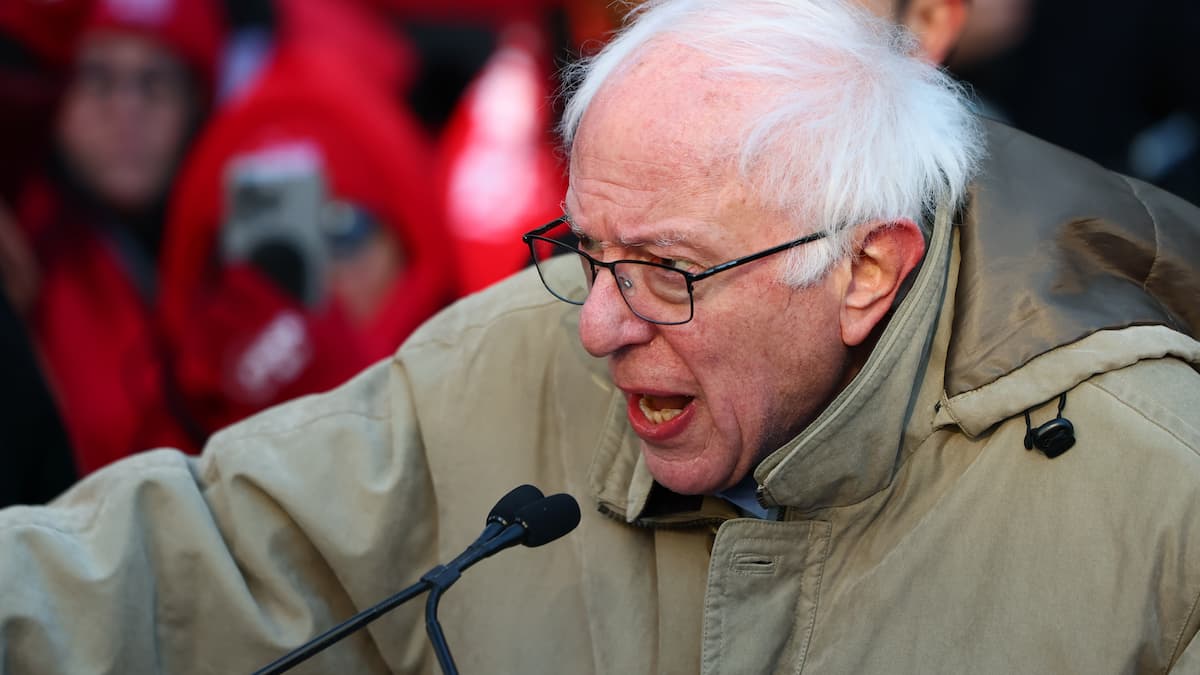
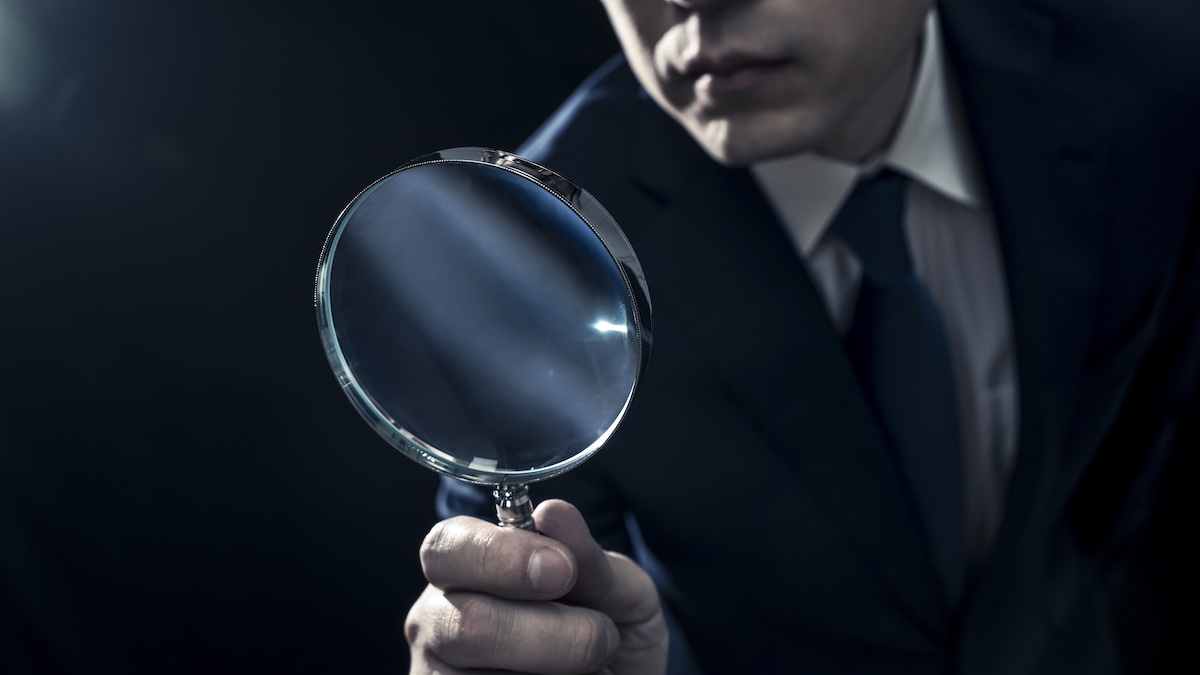
Published: Jun 16, 2016 04:02 pm